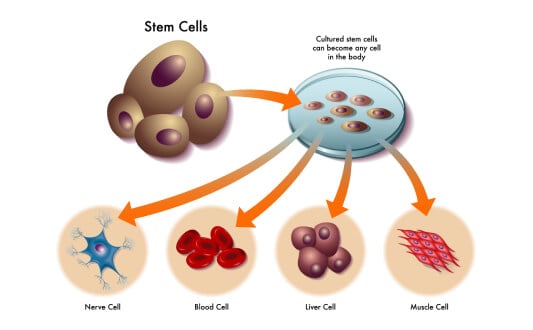Medical Blog About Treatment Abroad
Welcome to our medical blog – it is dedicated to empowering patients with knowledge about global healthcare! We created this platform with the intention to bridge the gap between patients and the medical innovations available globally.
What's Inside: Discover new and rare methods in oncology, immunology, heart surgery, neurosurgery, and other medical fields! Our health travel insights show how medical journeys open new possibilities with advanced treatments unavailable locally, including specialized cancer care abroad.
Who Benefits: This resource is for patients and their families who seek new treatment methods and explore options at leading international hospitals. Those who want to make informed healthcare decisions beyond borders.
Why Read: Booking Health experts provide verified information through patient-friendly articles – they translate complex medical advances into accessible info. Stay current with the latest developments in global healthcare and discover how international medicine can transform treatment outcomes!
Browse our latest articles and take the first step toward better health outcomes!
Diagnosis & treatment - page 3
 Treatment Methods and Advanced Therapies for Liver Metastases
Treatment Methods and Advanced Therapies for Liver Metastases
The liver is the body's laboratory – it filters blood and performs hundreds of vital functions. Unfortunately, this makes it vulnerable to cancer cells: they travel through the bloodstream from the primary tumor and settle there, forming secondary liver cancer called hepatic metastases. According to the results of large-scale studies, colorectal...
 Dendritic Cell Therapy for Colon Cancer Treatment in Germany
Dendritic Cell Therapy for Colon Cancer Treatment in Germany
Dendritic cell therapy is a form of cancer immunotherapy that utilizes the body's own immune system to fight cancer cells. It is considered a promising approach for patients with various cancers, including colon cancer. Regarding the latter, it is unfortunate, but this disease is one of the most prevalent malignancies worldwide. According to the 2020...
 Comprehensive Guide to Brain Cancer Treatment: New and Standard Treatment Options
Comprehensive Guide to Brain Cancer Treatment: New and Standard Treatment Options
Brain cancer refers to a range of tumors originating in the brain. As the evidence suggests, the most aggressive and prevalent malignant form in adults is glioblastoma multiforme (GBM). In fact, recent data reports that this tumor accounts for ~14% of all primary brain tumors. When taking a look at global statistics, the incidence of...
 Cancer Treatment in Germany
Cancer Treatment in Germany
One or two decades ago, a cancer diagnosis was almost equated to death. Nowadays, due to the fast development of healthcare, numerous oncological diseases can be cured. Nevertheless, cancer burden is still high in Europe. The European Cancer Information System (ECIS) states that in 2022, around 4.1 million new cases of cancer...
 Innovative Treatment for Glioblastoma in Germany: Dendritic Cell Therapy for Cancer
Innovative Treatment for Glioblastoma in Germany: Dendritic Cell Therapy for Cancer
Standard therapy for glioblastoma is the combination of surgical removal of the tumor, chemotherapy / radiation therapy. Average life expectancy after diagnosis with standard treatment of glioblastoma is 15-17 months, and the 5-year survival rate does not exceed 5-10%. Supplementing the standard protocol with the dendritic...
 A Comprehensive Guide to Stem Cell Therapy
A Comprehensive Guide to Stem Cell Therapy
The fast-growing stem cell biology has turned modern medicine upside down, providing new ways of thinking about how to cure the previously considered incurable diseases. The special property of stem cells to promote tissue regeneration and convert to different types of tissues has provided the basis for new stem cell-based solutions...
 Brain cancer treatments in Germany
Brain cancer treatments in Germany
Glioblastoma is a relatively rare and extremely aggressive brain tumor. An extensive epidemiological survey has recorded that the mean incidence of glioblastoma is about 3.19 cases per 100,000 people per year. Its aggressiveness is due to the rate at which glioblastoma cells multiply and spread to normal brain tissue, thus making the disease...
 VTP TOOKAD®: focal therapy for prostate cancer treatment with a minimal risk of complications
VTP TOOKAD®: focal therapy for prostate cancer treatment with a minimal risk of complications
The second most common cancer diagnosis in men and the fifth cause of cancer deaths all over the world is prostate cancer. GLOBOCAN 2018 reports that the number of new cases was 1,276,106 cases worldwide, with the main increase in developed countries. The mortality and the incidence are closely associated with age, and the rates...

